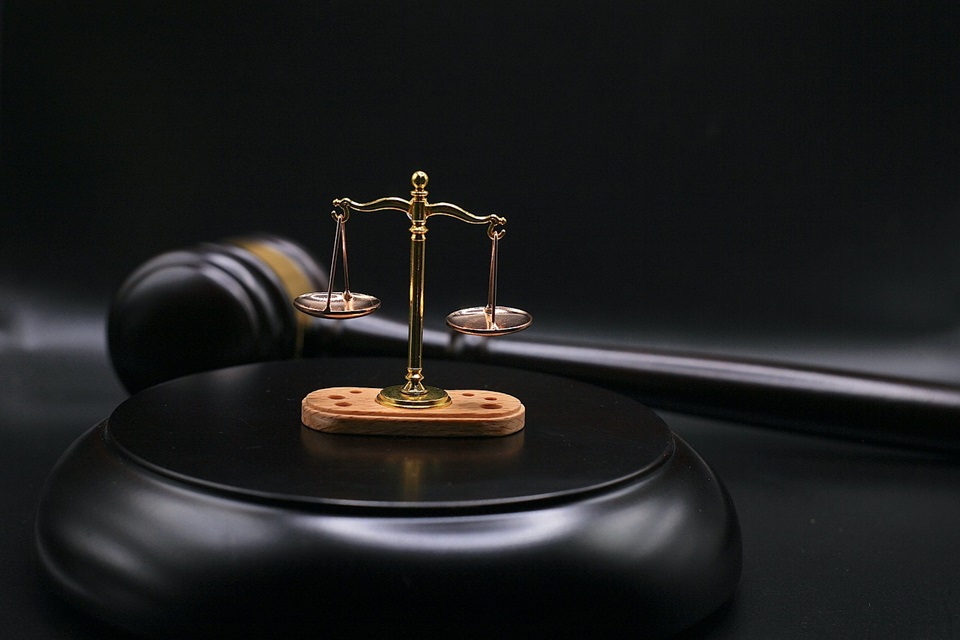Whether it’s a personal grievance, a business dispute, or a health-related issue that’s got you tangled in legal ropes, understanding the process can significantly demystify the journey and help you navigate the turbulent waters with more confidence. Here, we shed light on what to expect if you find yourself on the receiving end of a lawsuit. So, let’s dive in and explore the essential aspects of being sued.
Table of Contents
The Summons & Complaint – The Beginning Of Your Legal Journey
The first wave of realization hits when you receive the summons and complaint. This is the official notice that someone is suing you, and it outlines the reasons behind the lawsuit. Typically, you will have a set number of days to respond to this complaint, making it crucial to act promptly. Ignoring this document can lead to a default judgment against you, which is not a desirable outcome. This is the stage where seeking legal counsel is wise. An attorney can help you better understand the claims against you and formulate a response that protects your interests. Remember, the legal world thrives on deadlines and details, so attention to both is key from the get-go.
Discovery – The Search For Evidence
After the initial shockwave has passed and you’ve responded to the complaint, the discovery phase begins. This is a critical part of the legal process, where both parties exchange information and gather evidence to support their case. It’s like putting together a puzzle where each piece of evidence, whether it’s documents, emails, or witness statements, helps paint a clearer picture of the situation at hand.
Discovery can be time-consuming and often involves written questions, requests for important documents, and depositions (oral questioning under oath). This phase is crucial for building your defense or understanding the plaintiff’s case against you. For instance, in a wrongful death lawsuit, they may be looking for documentation that you were somehow negligent or responsible in some way for someone’s death. Understanding the specifics of such terms and how they apply to your situation is essential.
Motions – The Legal Maneuvering
As you navigate through the discovery phase, be prepared for motions. These are requests made to the court asking for a specific action or decision to be made regarding the case. Motions can range from seeking to dismiss the case entirely due to lack of evidence or legal basis to more specific requests like asking the court to compel the other side to provide information that’s been withheld. Handling motions requires a strategic approach, as they can significantly influence your case. This stage requires an understanding of legal strategy and the nuances of your specific case.
Trial Preparation & Court Reporting
As the lawsuit progresses, both sides will start preparing for the possibility of trial. This preparation includes consolidating evidence, organizing witness testimony, and developing a compelling case presentation. One of the most critical yet often overlooked aspects of this phase is court reporting. Court reporters create a verbatim record of all proceedings, including depositions, hearings, and the trial itself. This transcript is invaluable, as it ensures that every word spoken is accurately captured and can be referenced by the court, the attorneys, and you.
The role of court reporters goes beyond merely recording; they are an integral part of the legal process, ensuring transparency and fairness. In regions with significant legal activity, such as Anaheim, court reporters are in high demand. For instance, Anaheim court reporters might specialize in complex cases, including those involving technical or medical terminology, requiring an additional layer of expertise. Their work ensures that the nuances of spoken testimony are preserved for review, making them indispensable for appeals or for clarifying the context of verbal exchanges during the trial.
The Trial – Your Day In Court
Eventually, if a settlement isn’t reached, your lawsuit may proceed to trial. Trials can be either jury trials or bench trials (where a judge makes the decision). This stage is where the evidence and arguments prepared during discovery and motions are presented to decide the outcome. The trial is the culmination of all the previous stages, where both sides present their case, call witnesses, and make their arguments. The process can be intimidating, but understanding the flow of a trial and what to expect can alleviate some anxiety. Your legal team helps in managing the trial, from opening statements to closing arguments, ensuring that your case is presented in the best possible light.



